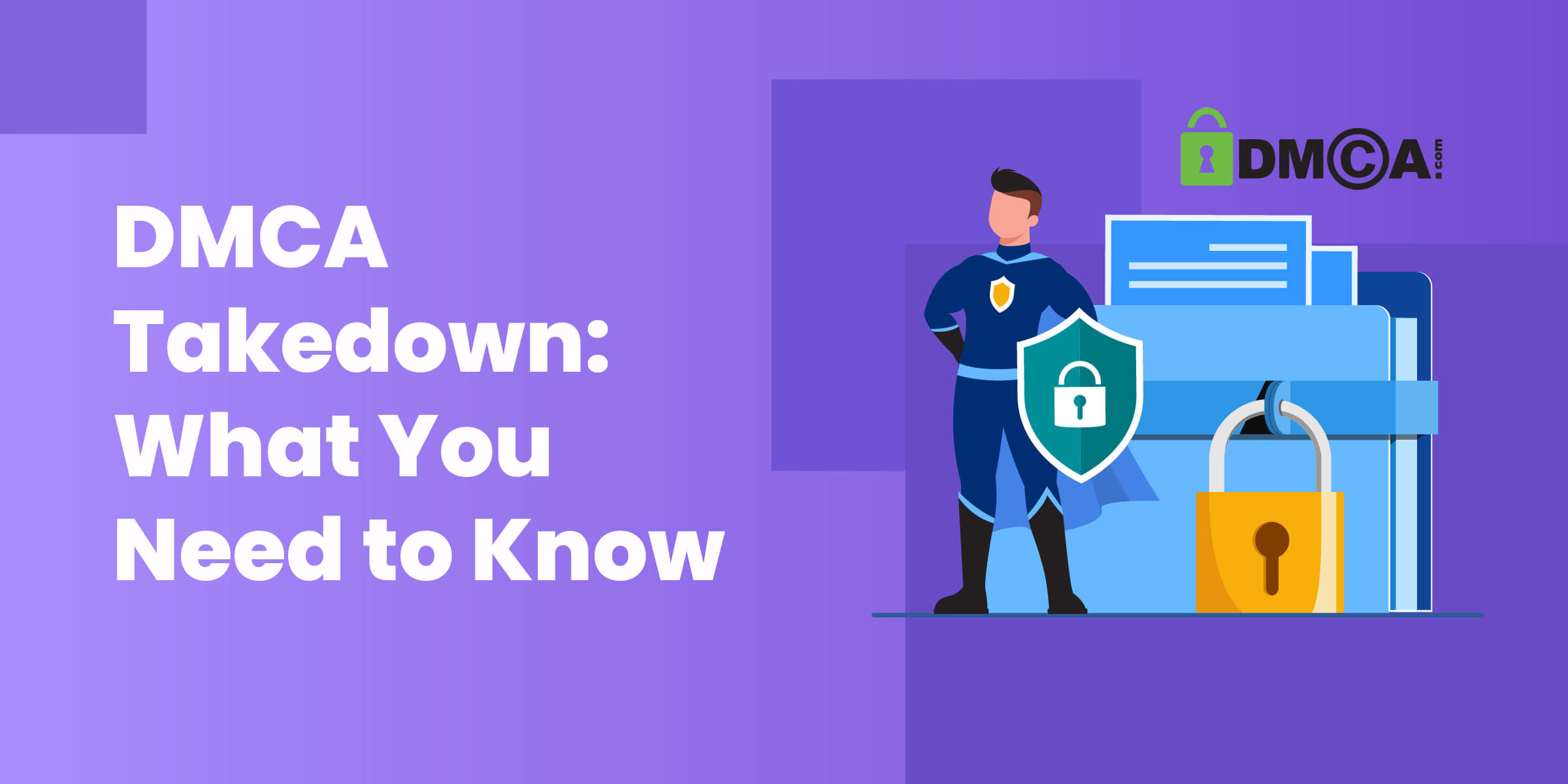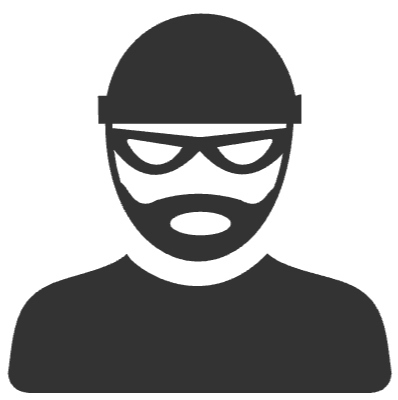Was your online content stolen? You’re going to need to perform a DMCA takedown (which, much to our disappointment, is not a super cool wrestling move.)
Here’s what you need to know.
Learn more about DMCA with these stats for 2024 >>
Table of Contents
What Is the DMCA?
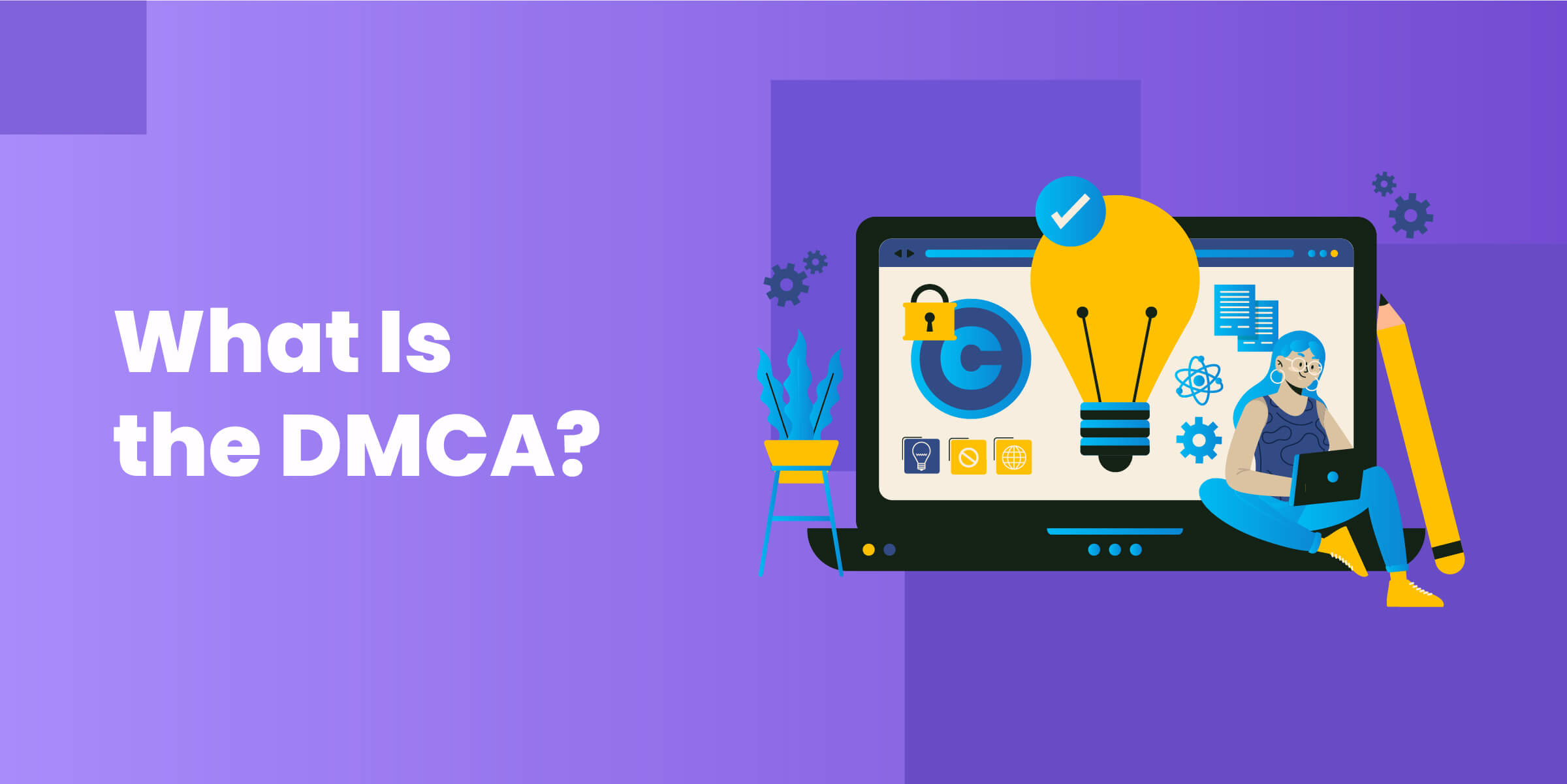

The DMCA, short for Digital Millennium Copyright Act, amended U.S. copyright law to address copyright law as it pertains to the internet.
The three main updates were:
- “Establishing protections for online service providers in certain situations if their users engage in copyright infringement. It includes the notice-and-takedown system, which allows copyright owners to inform online service providers about infringing material so it can be taken down”
- “Encouraging copyright owners to give greater access to their works in digital formats by providing them with legal protections against unauthorized access to their works (for example, hacking passwords or circumventing encryption)”
- “Making it unlawful to provide false copyright management information (for example, names of authors and copyright owners, titles of works) or to remove or alter that type of information in certain circumstances.”
What does “DMCA Protected” mean?
“DMCA protected” means that the copyright owner’s content is protected by the DMCA copyright law from being stolen or infringed upon.
This includes online media like articles, videos, music, and online courses, among others.
About a DMCA Takedown
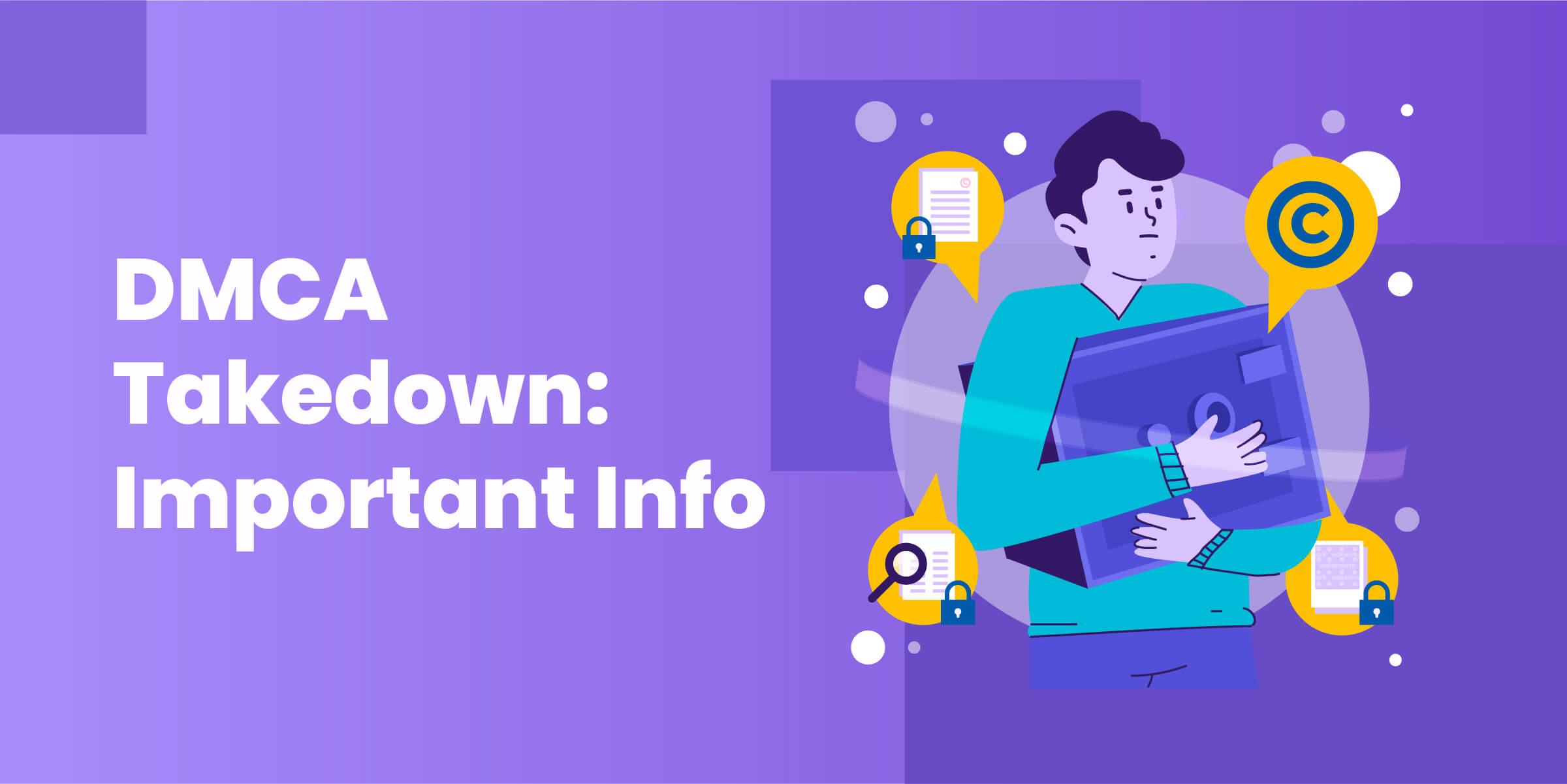

Now let’s get into what a DMCA takedown is and how you can perform one (or hire someone to perform one on your behalf) if necessary.
What is a DCMA Takedown?
According to the official DMCA website, a DMCA takedown is “when content is removed from a website or internet platform at the request of the owner of the content.”
This happens when the owner of the content finds it somewhere that they have not given permission to use, contacts the site owner who has the offending content posted, and has the site owner remove the content.
Types of Content it Applies to
A DMCA takedown applies to online original content, including:
- Articles
- Photographs
- Videos
- OnlyFans content
- Online courses
- Artwork
- Audio or music files
- Software
- And more
As of right now, it does not apply to AI-generated content. Read more about who owns AI content.
It Doesn’t Require Copyrighted Content
Notice that copyright is not actually required to perform a DMCA takedown.
A DMCA takedown can be performed regardless of whether the copyright owner has registered their work with the U.S. Copyright Office.
The bottom line is that if you created or own original work online and someone else steals it and posts it elsewhere without your permission or crediting you, you have the right to perform a DMCA takedown.
What Does a DMCA Takedown Do?
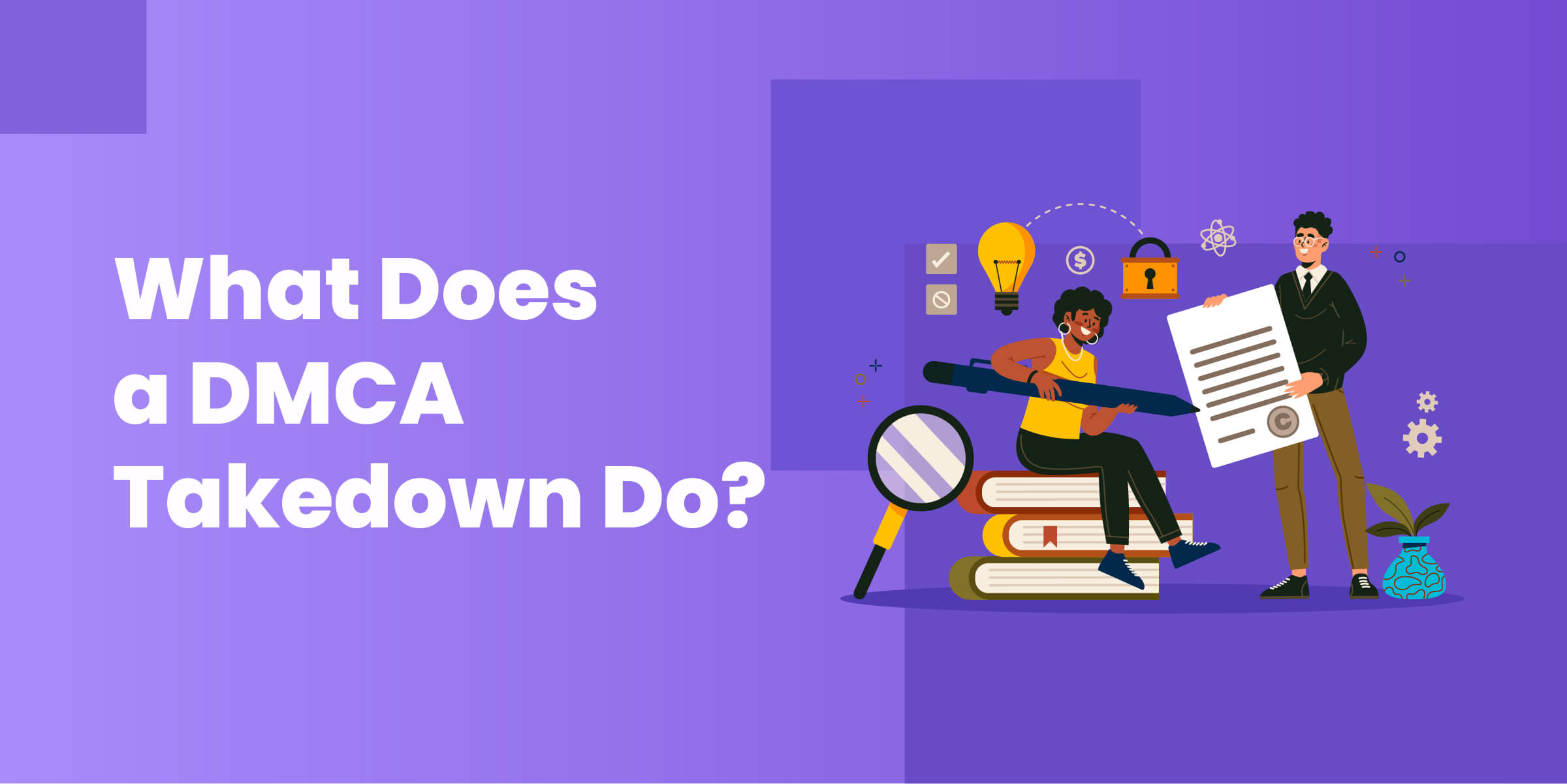

A DMCA takedown protects the originality of your work by removing it from places where you haven’t given permission for it to be used.
It’s a formal way to inform a site owner that has ripped off your content that you would like them to remove it from their site.
Ideally, a DMCA takedown gets your content removed from a site without having to get lawyers involved.
How to File a DMCA Takedown Notice
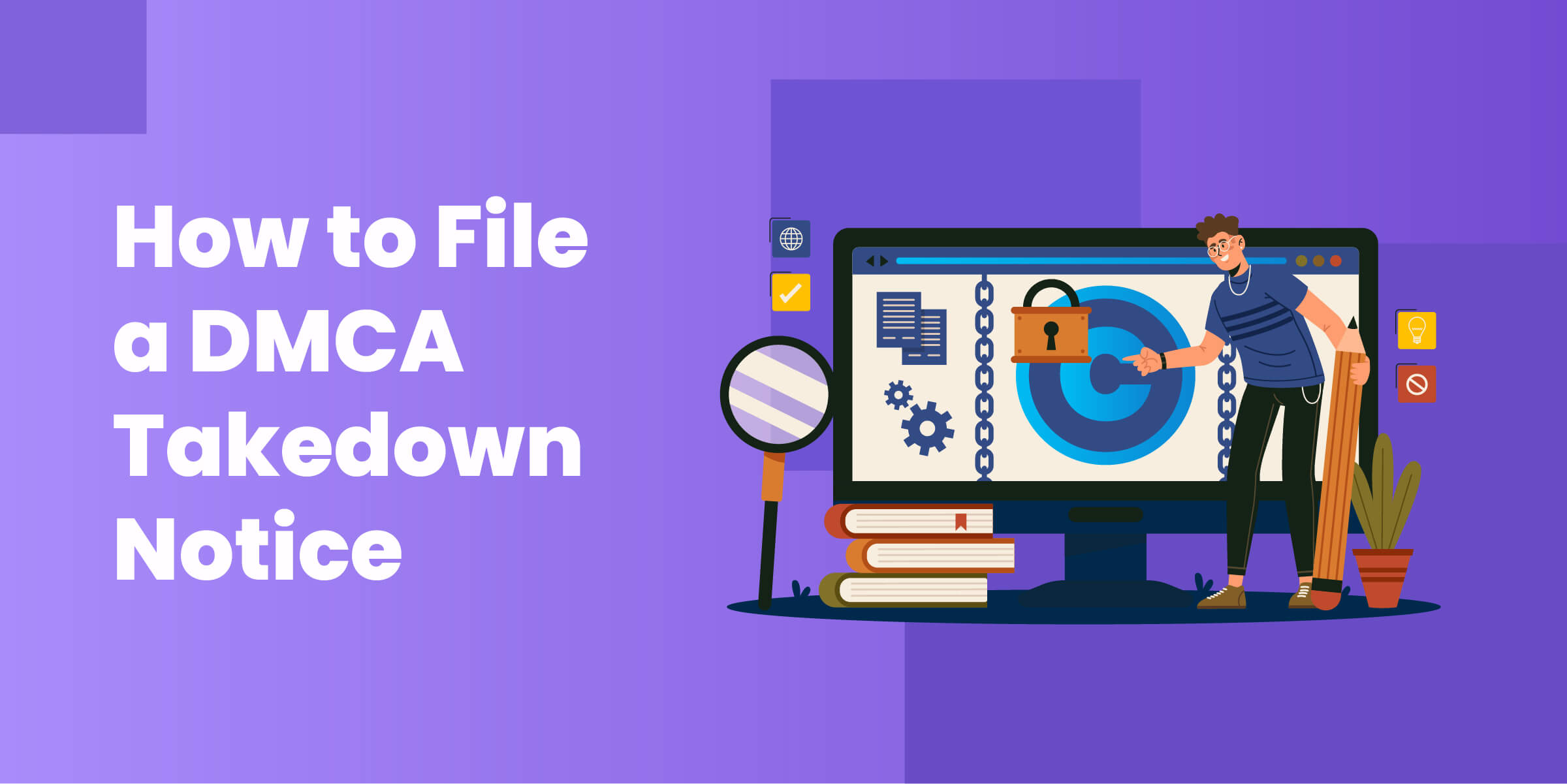

You have a few different options to file a DMCA takedown notice.
No matter which course of action you choose to take, you will need to start by collecting your evidence. Take screenshots of everywhere you have seen your content stolen with timestamps.
You will also need to find out the website’s host, aka Internet Service Provider (ISP) (think Facebook, GoDaddy, Squarespace, WordPress etc), and the Copyright Agent.
Compose a takedown request/notice to submit to the site and/or host when necessary.
Try to Contact the Infringing Website First
It’s always a great idea to send a DMCA complaint directly to the site owner first.
Check out this template from Minclaw for inspiration:
“My name is {Your Full Legal Name}, I am the exclusive rights holder for content that is appearing on your website. This email is official notification under Section 512(c) of the Digital Millennium Copyright Act (“DMCA”), and I seek the immediate removal of the following infringing material from your servers.”
Contacting the site directly can save a lot of time and money if they’re responsive to your request.
Unfortunately, this is not always the case, so you may need to take further action.
Where to Submit a DMCA Takedown Complaint
If you have contacted the site owner with your request and received no response, contact the ISP responsible for their site.
Popular ISP (Internet Service Providers) include Facebook, GoDaddy, and Squarespace, among others.
Submit your complaint to the hosting provider and they should be able to get the content taken down as long as you provide all of the information necessary.
Complete the DMCA Takedown Complaint
Now it’s time to complete your complaint.
Gather the infringing URL and source URL (where the content was stolen from) as well as proof of ownership and create your DMCA takedown complaint.
DMCA law requires that you have the following information in your complaint:
- The signature of the copyright owner or owner’s agent, in physical or electronic form.
- Identification of the: (i) copyrighted work(s) infringed; (ii) the infringing activity; and (iii) the location of the infringing activity (typically by providing the URL).
- Contact information of the notice sender, including an email address.
- A statement that the notifier has a good faith belief that the material is not authorized by the intellectual property or copyright owner, its agent, or the law.
- A statement that the information provided is accurate and the notifier is authorized to make the complaint on behalf of the intellectual property or copyright owner.
Once you have all the information gathered, submit your complaint to the ISP of the offending site.
An easier option is to hire a professional service to do this for you. Many freelancers offer this service for a low price.
Reclaim Your Stolen Content
Our content was stolen! Someone else was making money off of our hard work. So, we found an anti-piracy expert to reclaim our lost rankings and stop unauthorized copies. Now you can work with him too.
- Avoid lost revenue when others monetize YOUR content
- Stop brand damage when your name is used on shady websites
- Prevent pirated copies from appearing above you in search results
Frequently Asked Questions
Who can file a DMCA Takedown notice?
Anyone who owns online content can file a DMCA takedown notice.
Does a DMCA takedown require content to be copyrighted?
No, a DMCA takedown does not require content to be copyrighted.
How long does a DMCA notice take?
A DMCA notice will take around 72 hours on average but can drag on for up to over 6 months.
Do I need to hire an agent to submit the DMCA notice?
No, you do not need to hire an agent to submit the DMCA notice, though one can make the process easier.
How much does a DMCA takedown cost?
A professionally managed DMCA takedown will cost $199, though you can file one for free on your own.














